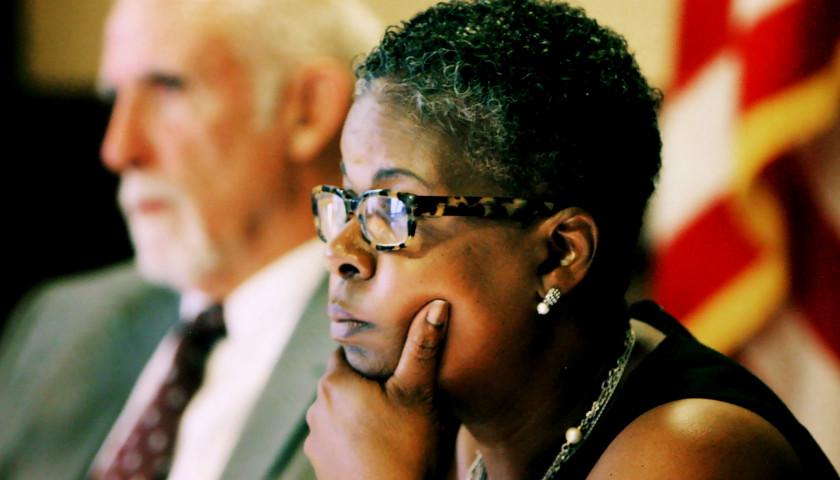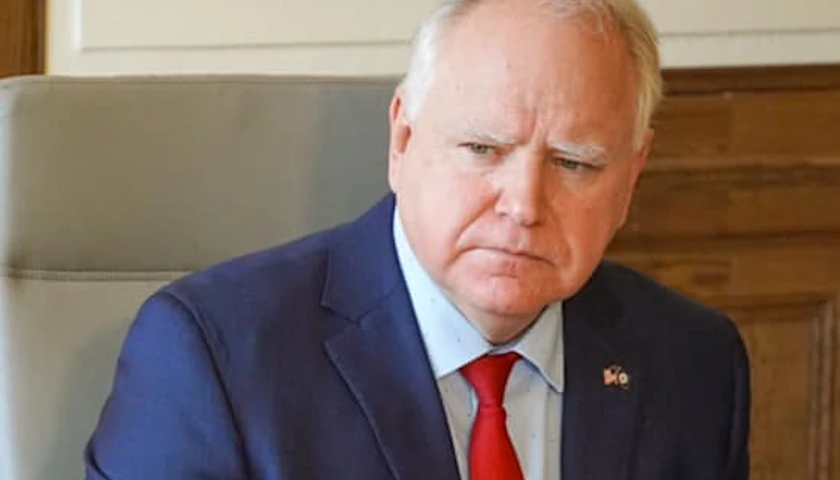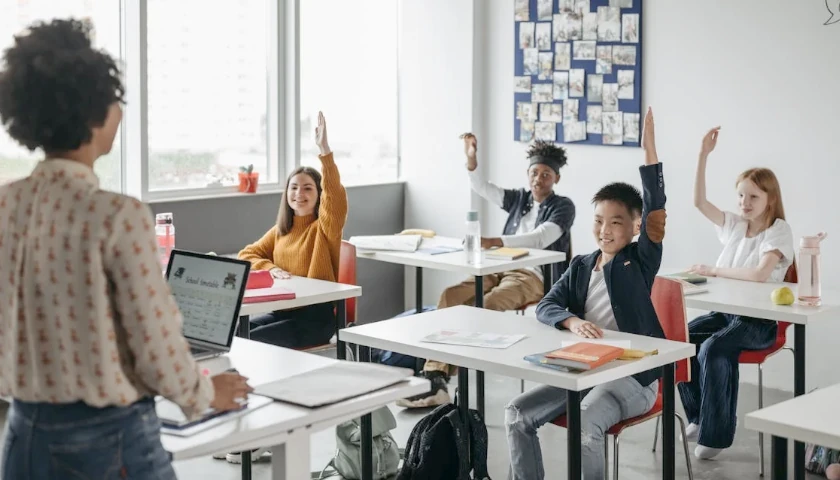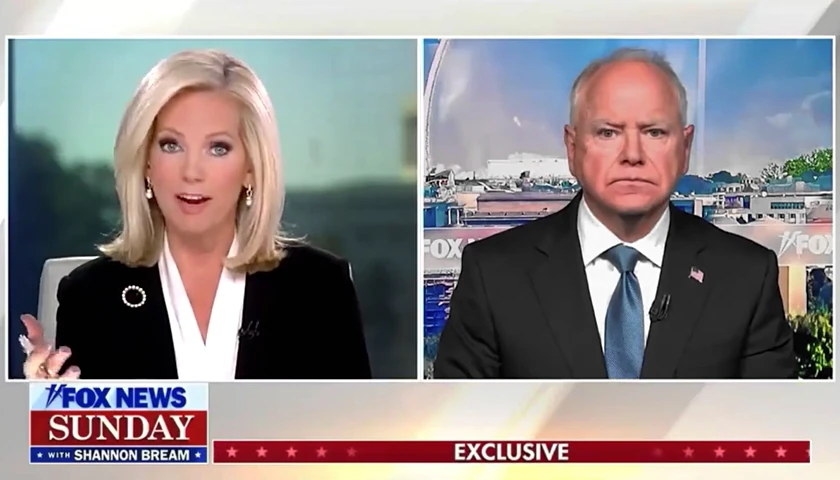by Hank Long
School boards just gained more control over your property taxes, thanks to a new law that took effect across Minnesota last month.
In May, Gov. Tim Walz signed the state’s largest ever education bill that increases spending for K-12 education by 10.2 percent, or about $2.26 billion, over the next two years — for a total of $23.2 billion.
But it’s not just a spending bill. There were several policy provisions tucked into the sweeping piece of legislation, including a new law that now allows school boards to bypass a previously-required voter referendum — one-time only — to renew a property tax levy.
HF535, sponsored by State Rep. Cedrick Frazier, DFL-New Hope, was given a hearing as a stand-alone bill in February. State Sen. Steve Cwodzinski, DFL-Eden Prairie, carried the bill in the Senate. That provision now allows a school board to renew an operating levy a single time by board action at the same level it was approved by voters 10 years prior, with an increase in dollar amount to adjust for inflation. When asked by his fellow legislators how many other states have enacted similar legislation, Frazier said he was unsure.
The board must hold a public hearing before taking action to renew the levy and it must vote to renew the levy by June 15 prior to the calendar school year it is set to expire. That means school districts with expiring levies coming up in the next calendar school year had to vote this week to renew them, otherwise those levies would need to go to a voter referendum for approval, as state law requires a renewal every 10 years.
Such operating levies help school districts supplement the state funding they already receive with additional funds to help pay for such things as reduction in class sizes, more diverse course offerings, and extra-curricular activities, said John Vento, a Robbinsdale Area School Board member who testified in support of the bill this session.
“Permitting the school board to renew referendums at the same level after a public hearing would save thousands of taxpayer dollars that school districts are required to spend informing the public and conducting the election again at no additional cost to the state,” Vento said in a Feb. 5 hearing on the bill in the House Education Finance Committee. That committee voted on a divided voice vote to move the bill onward, but it was ultimately laid over for inclusion in the omnibus education bill that passed in the House and Senate last month.
Organizations such as the Minnesota Association of School Administrators and the Minnesota School Board Association had been lobbying the legislature to pass the legislation for the last several years. They noted in testimony on the bill that over the last 10 years nearly every school district operating levy that came before voters for renewal had passed.
While proponents say the new law eliminates the burden of campaigning to renew a levy and gives school districts a greater ability to plan long-term for their funding needs while still allowing the community to hold elected school members accountable, critics contend that allowing the school district to eliminate the need to go directly to the voters to renew a levy once every decade will stifle vital communication between the community and the schools.
Owatonna Schools Superintendent Jeff Elstad told legislators that his district spent $72,000 in campaigning for passage of its most recent operating levy referendum in 2020, which included more than 600 volunteer hours from members of the community.
“I did over 80 public presentations on this topic, just to renew our levy,” Elstad said during testimony in a Feb. 2 House committee hearing. “These [school board members] are locally elected officials. Why are we (the school district) the only entity that is asked to do this on an ongoing basis?”
State Rep. Heather Edelson, DFL-Edina, said she sympathized with the work that school districts have to put in to pass levies the first time and supports the new law to allow school boards to renew those levies without having to go back to the voters, which already have demonstrated “buy-in” from the voters a decade prior.
“I have worked on renewing operating levies in our community and it’s exhausting” the amount of time proponents invest in campaigning for passage, Edelson said. “It’s also subject to so much politics that it becomes very, very challenging. So if you think about $100,000 or $70,000 (districts spend on campaigning), I just think it’s a waste of money, quite frankly.”
But other legislators serving on the House Education Finance Committee contended that requiring the school districts and its volunteer committees to make the case to the voters every 10 years is not too much to ask, especially because while city and county governments are not required to bring their operating levies to the voters via a referendum, school districts receive a substantial amount of their funding from the state.
“I will be very candid and blunt, every argument I hear for [making this change] is that democracy is hard,” said State Rep. Ron Kresha, R-Little Falls, a former school board member. “Door knocking is hard. Getting your ideas to the voters is hard. Getting the school districts to work with the community to have the very best programs, is hard. But so what? That’s what we do.”
Others who testified in support of the legislation, including Northfield Public Schools Superintendent Matthew Hillman, argued that school districts are the only local form of government that have to go before the voters to ask for approval of an operating property tax levy.
“We believe this bill is just good policy,” Hillman said in a March 1 hearing before the House Elections Committee. “This places school districts on a more even playing field with county and city governments, not a completely even playing field, mind you, but simply a bit more even.”
But State Rep. Paul Torkelson, R-Hanksa, said there’s a reason school districts are treated differently than other local units of government, when it comes to operating levies — the 1970s “Minnesota Miracle” legislation that “was really an effort for the state to take over the funding of our school districts, and that puts our school boards in a different position than our other local governments.”
“I really feel that disenfranchising the voters in this case is a mistake,” Torkelson said. “The repairs that need to be done is with fixing the (per pupil funding) formula, not to make it easier to tap into the local taxpayers for these emergency funds.”
– – –
Hank Long is a journalism and communications professional whose writing career includes coverage of the Minnesota legislature, city and county governments and the commercial real estate industry. Long received his undergraduate degree at the University of Minnesota, where he studied journalism, and his law degree at the University of St. Thomas.
Photo “School Board” by Phil Roeder CC2.0.





